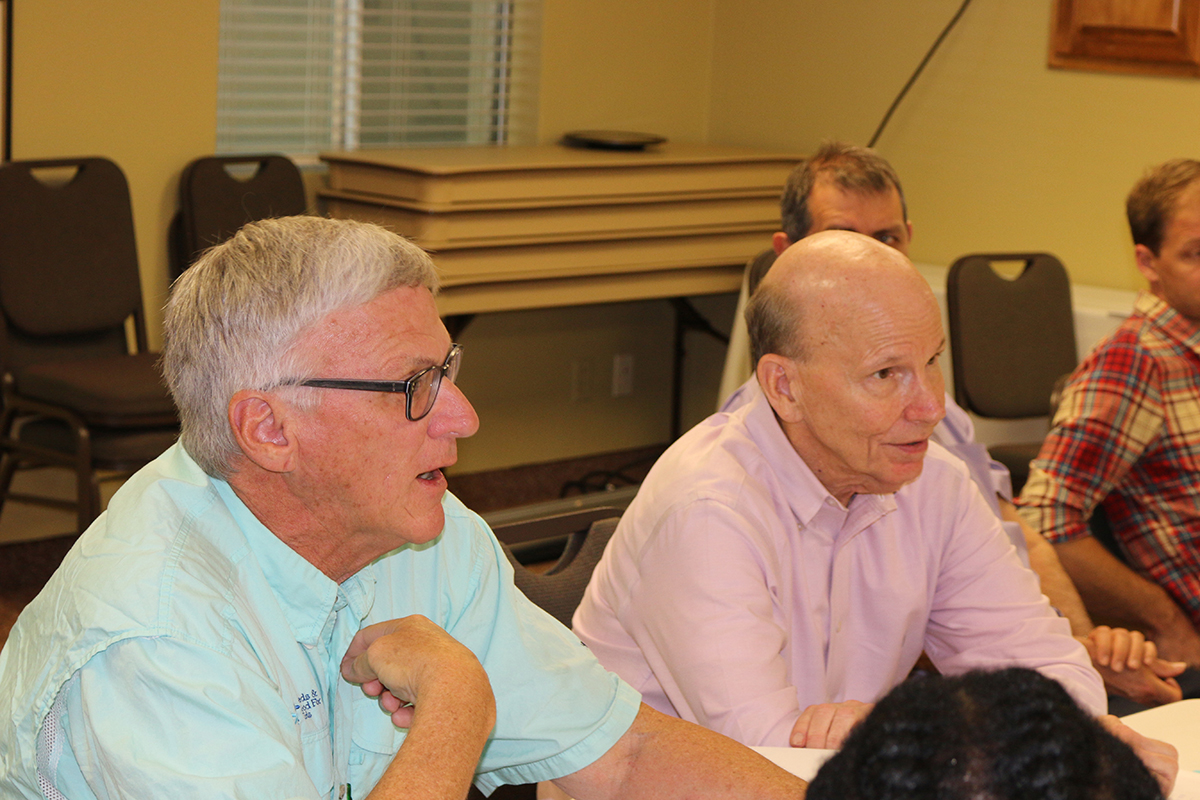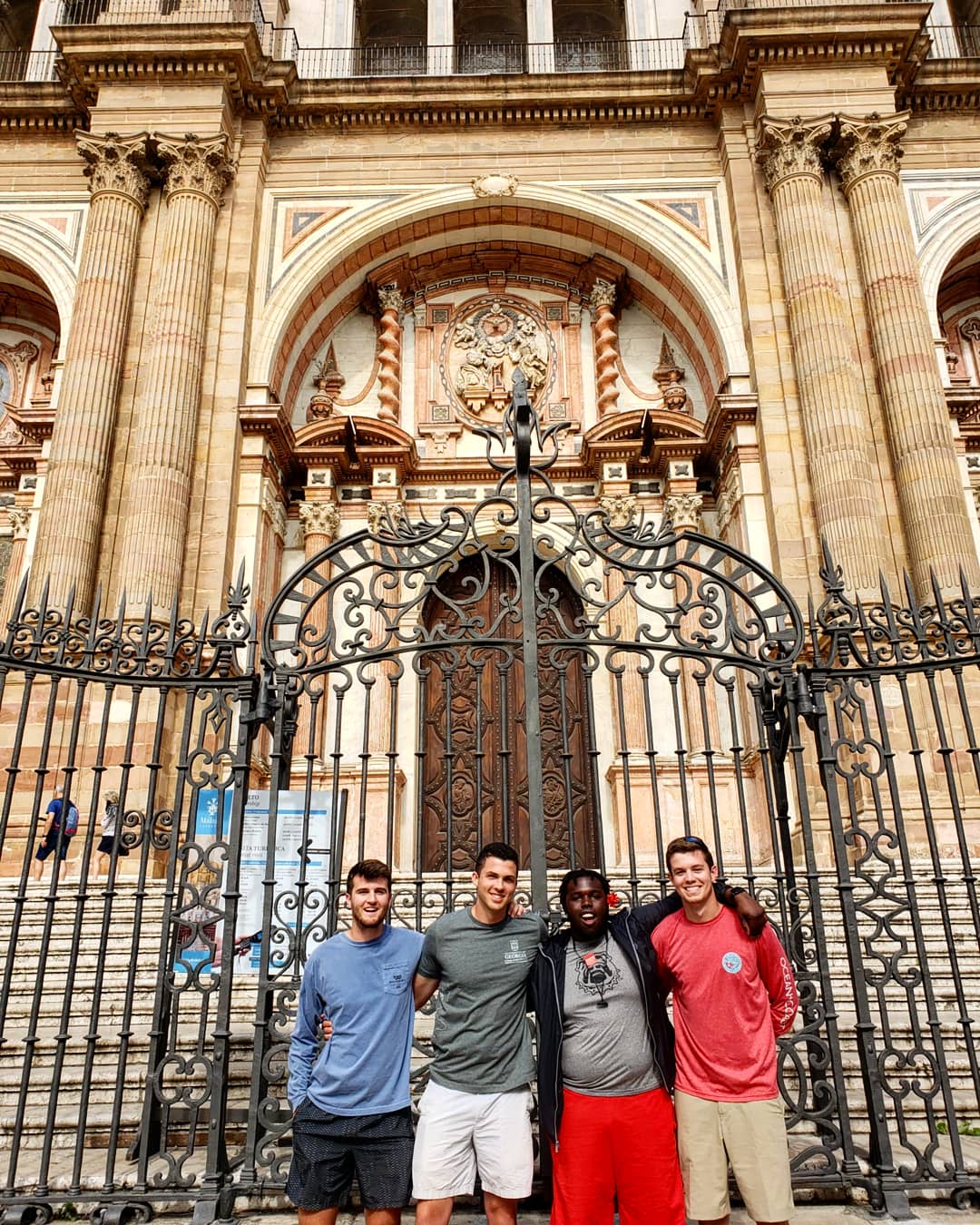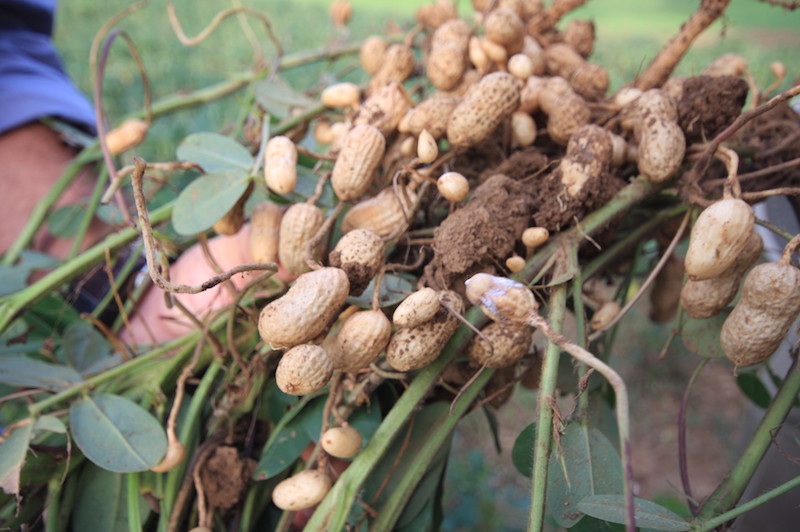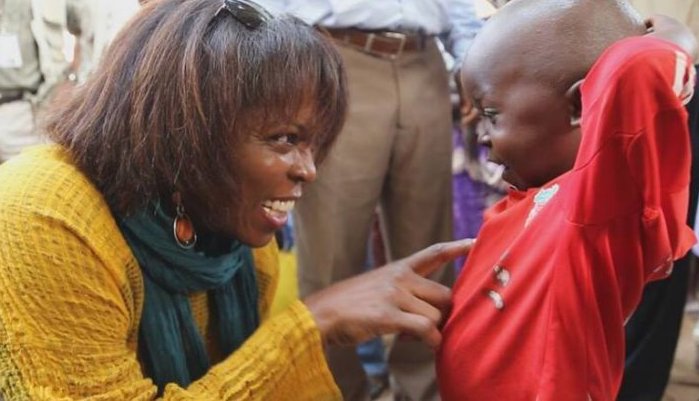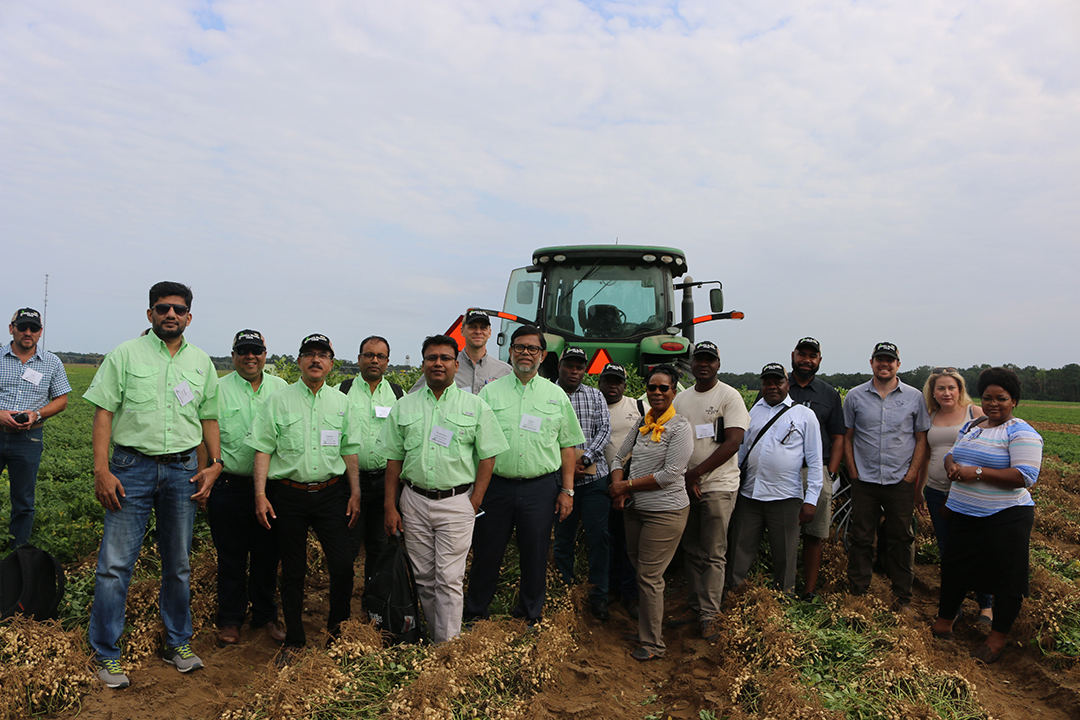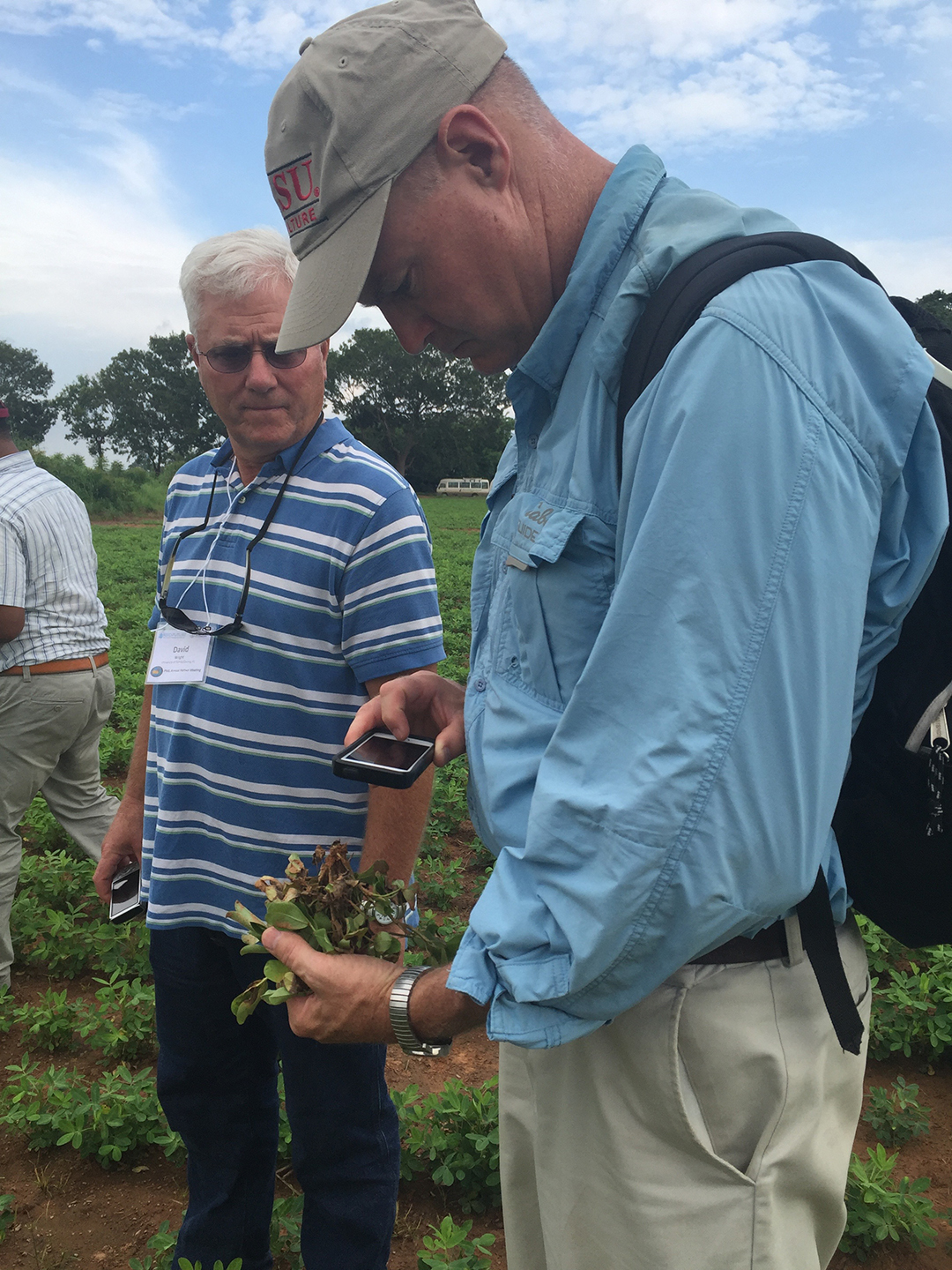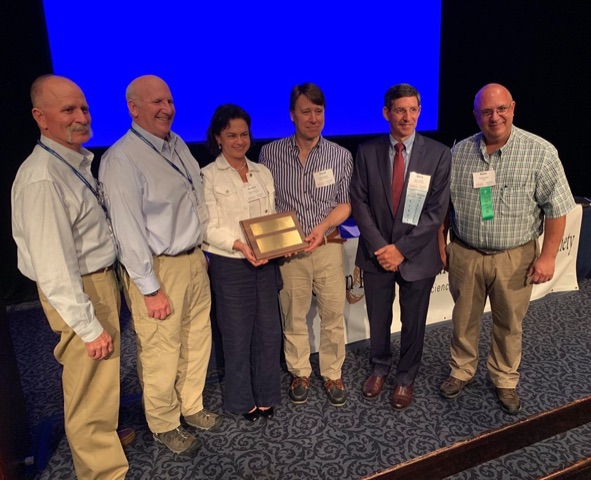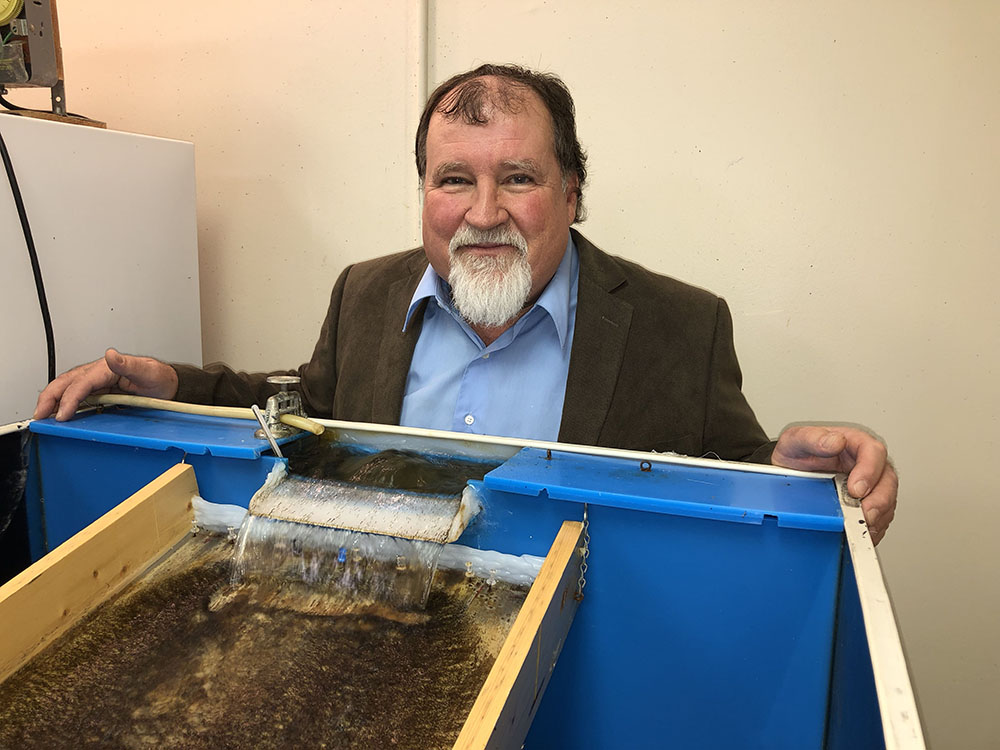 CAES News
CAES News
Global Resource
The University of Georgia Black Fly Rearing and Bioassay Laboratory has been awarded a contract with the National Institutes of Health’s (NIH) National Institute of Allergy and Infectious Diseases (NIAID) to provide partial support for the world's only black fly colony.

